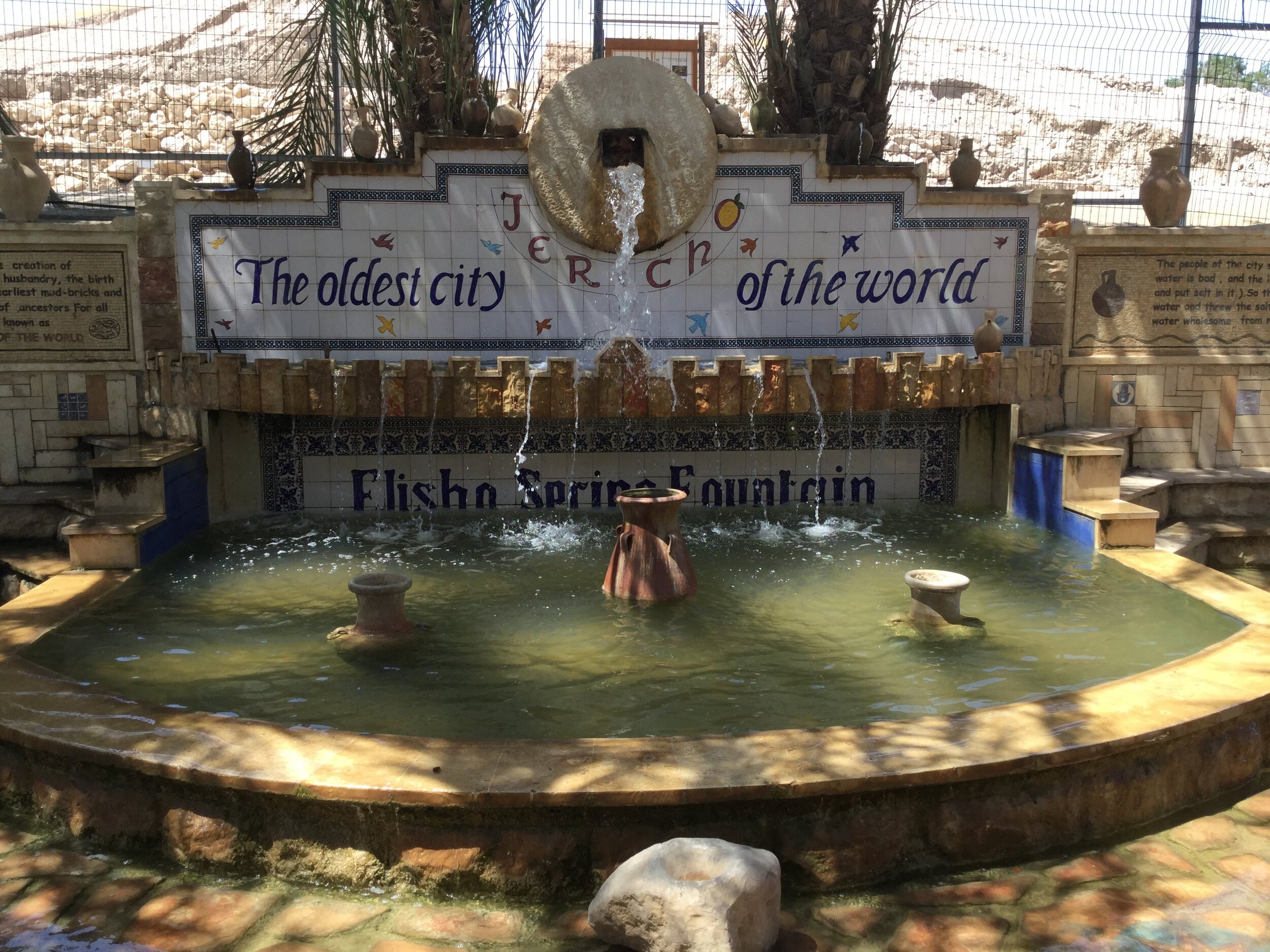God Led Us to Buy a House in a High-Risk Fire Zone and on a Major Earthquake Faultline
(Please read through to the end. The bottom line on this story is probably different from we you are expecting.)
Unexpected Wrightwood snowstorm in November
During the height of this summer’s California wildfire season, God clearly led us to buy a vacation home in the high fire danger zone of Wrightwood, California. As a bonus, our new house is also on the San Andreas fault. We learned about this property on a Monday, put an offer in the next Friday, and had it accepted three days later.
Are we crazy?
No, not really. Despite the breakneck speed and the risky circumstances, we immediately recognized this as a remarkable answer to several years of prayer. Both of our children’s families live in the Los Angeles area, and, since we live outside Atlanta, we have been seeking ways to be more involved in their lives.
Over the years, we thoroughly explored housing options in Greater LA, but the combination of extremely high prices and choking congestion left us seriously discouraged. Additionally, none of the areas we considered would have any draw for our kids, and we feared setting them up for guilt trips, making them feel obligated to “visit the old folks.” Furthermore, we hated the idea of leaving Marietta, GA, our charming city with a great small-town feel.
The Wrightwood house checks all the boxes:
It’s in an attractive mountain town close to both families and is literally four doors away from one of our son’s best ultramarathon running buddies.
Real estate costs in Wrightwood are about half of what they are in LA.
Our vacation house creates a “home base” for family gatherings and also serves as a weekend getaway place for our children.
This solution allows us to visit three or four times a year and yet remain fully engaged with our church and friends in Marietta.
I would say this whole experience is one of maybe half a dozen times in my life where God’s will was indisputably clear.
You may think I’m relating all this to point to God’s great goodness to us. Certainly, this is an aspect of the story I’m delighted to tell. However, there is a far more important lesson here: once God makes his will known, you must be all in with no looking back, regardless of the direction things ultimately take.
Our decision to buy the house set in motion hundreds of decisions, some of which took us well beyond our comfort zone. But if God was truly leading us, what else could we do but move forward and trust God?
As an example, there was a last-minute communications hiccup that left us without fire insurance for the first 18 hours we owned the house. Remember, we are in a high fire zone, and this was while the California wildfires were making national news every single day. Since we were 100% convinced that God was leading us to buy this house, that means everything – both positive and negative – that happened as fallout from this decision is, by definition, part of God’s will. Even if the house had burned down before the insurance kicked in, we would have to embrace that terrible outcome as part of God’s plan. In fact, ironically, it would probably have reinforced our trust in God’s sovereignty if it had been destroyed. What are the chances that a house that stood unscathed for 53 years would randomly burn down within a random18-hour period in 2020? We would have to believe that God had ordained that incredible timing.
Please don’t miss the significance of this perspective. If we are committed to doing God’s will and carefully and prayerfully seek to discern what it is, we must embrace all that results – even the parts we don’t like – as part of God’s plan.
In his awesome book Trusting God, Jerry Bridges drives home three powerful points about God:
He controls absolutely everything.
He love me completely.
He knows what he’s doing.
If you truly believe this, I defy you to come to any other conclusion than that we must embrace every downstream consequence of the decisions God leads us to as being part of his will.













